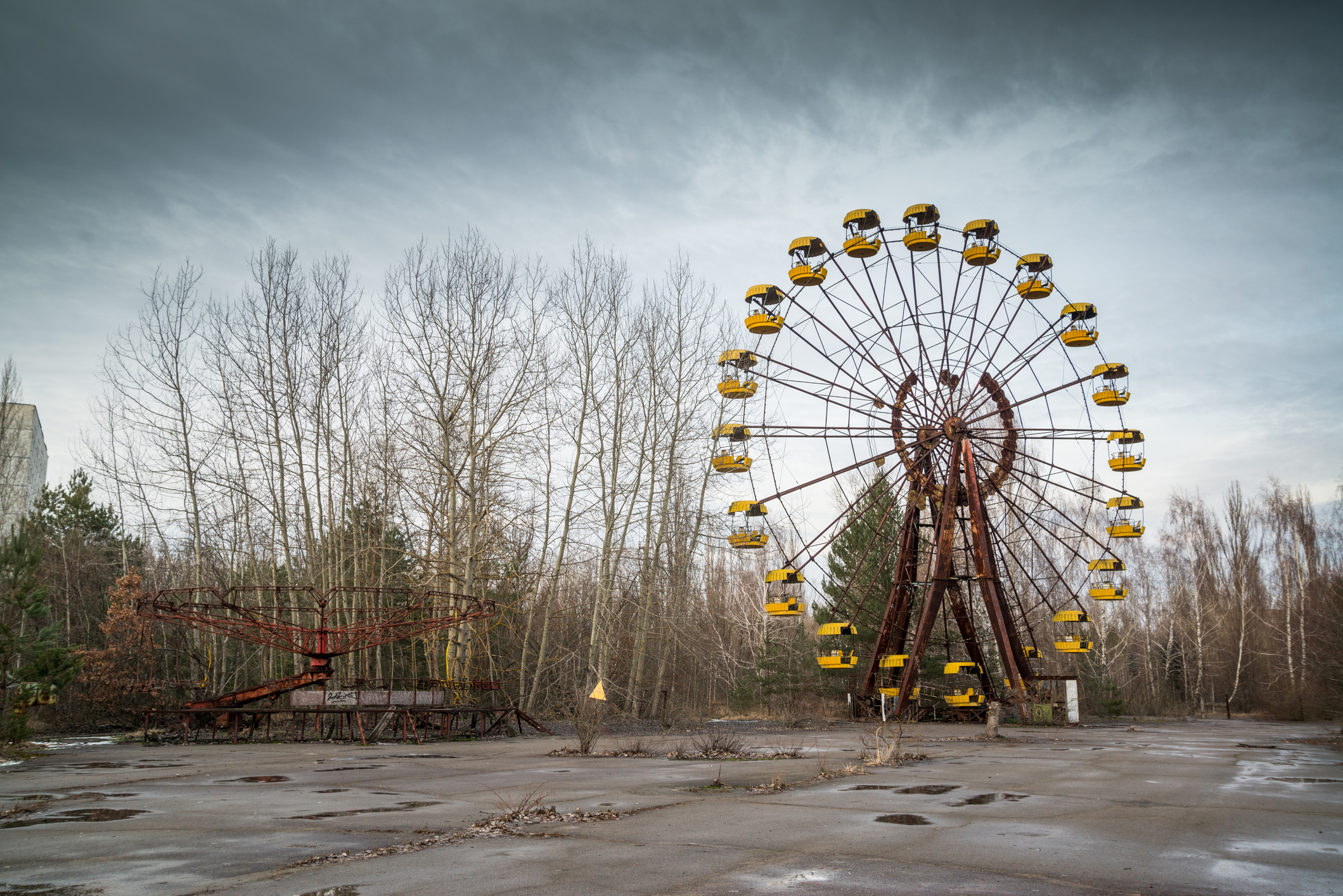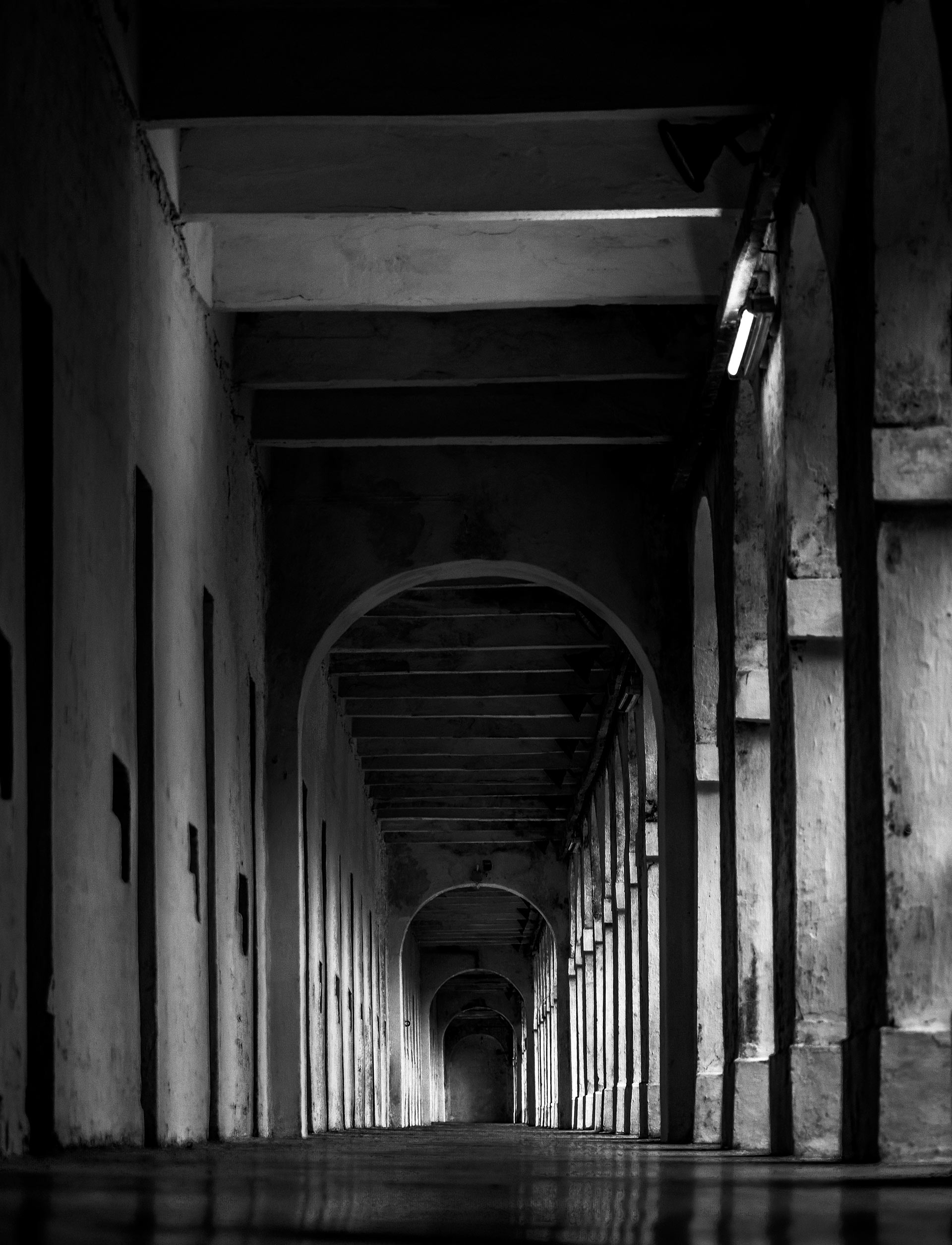Human beings have always been captivated by the macabre and the mysterious. From ancient times to the present day, people have been drawn to places associated with death, disaster, and the darker aspects of human history.
While some view it as a morbid curiosity, others argue that it serves as a means of remembrance, education, and reflection. However, the ethics and controversies surrounding dark tourism continue to spark intense debates.
Exploring Dark Tourism
Dark tourism is a relatively recent phenomenon that has gained popularity over the past few decades. It encompasses a wide range of sites, including former battlefields, concentration camps, disaster zones, prisons, haunted locations, and even cemeteries.
Such destinations offer visitors a chance to engage with history on a deeply emotional and often unsettling level. People are drawn to these places due to their intrinsic fascination with death, the supernatural, and the stories that surround them.
Motivation Behind Dark Tourism
Understanding the motivations behind dark tourism is essential to grasp its appeal. While it's impossible to generalize every individual's reasons, several common motivations have been identified.
First and foremost, dark tourism allows people to confront their fears and mortality in a controlled environment. It provides an opportunity for personal growth, introspection, and the contemplation of life's fragility.
 |
| Source-NewsWeek |
Furthermore, dark tourism can also serve as a form of historical education. By visiting sites associated with past atrocities or disasters, visitors gain a firsthand understanding of the events that unfolded there.
It offers a chance to learn from history, reflect on the consequences of human actions, and work towards building a more compassionate and peaceful future.
Controversies and Ethical Considerations
Dark tourism is not without its controversies and ethical dilemmas. Critics argue that turning places of tragedy and suffering into tourist attractions can be disrespectful and exploitative.
They argue that some visitors might treat these sites as mere photo opportunities, displaying insensitivity and a lack of empathy. Furthermore, the commercialization of dark tourism has led to concerns about commodifying human suffering for profit.
Another ethical consideration is the impact of tourism on the local communities living near these sites. While dark tourism can bring economic benefits to struggling regions, it can also disrupt the lives of residents and exploit their stories and memories for financial gain.
Striking a balance between preserving the integrity of these sites and respecting the needs and sensitivities of local communities is crucial.
Preserving Authenticity and Historical Accuracy
Maintaining the authenticity and historical accuracy of dark tourism sites is of paramount importance. These places serve as reminders of past events and must be treated with reverence and respect.
Curators, historians, and site managers play a vital role in ensuring that the stories and narratives presented at these destinations are accurate, sensitive, and devoid of any sensationalism.
Interpretation and Education
Dark tourism can be a powerful tool for education and remembrance. Visitors can gain a deeper understanding of the complexities of history, empathize with the victims of tragedy, and recognize the importance of preserving peace and preventing future atrocities.
Interpretation centers, museums, and guided tours can help provide context, tell the stories of those affected, and facilitate thoughtful reflection.
Dark tourism continues to divide opinions, igniting discussions on the boundaries of respectful remembrance and ethical tourism. While some argue that it capitalizes on human suffering, others view it as a means of educating and preserving history.
Ultimately, the responsible exploration of dark tourism lies in striking a delicate balance between satisfying morbid curiosities and engaging in a respectful, educational, and empathetic manner.
Written by- Samriddhi Gauniyal











0 Comments